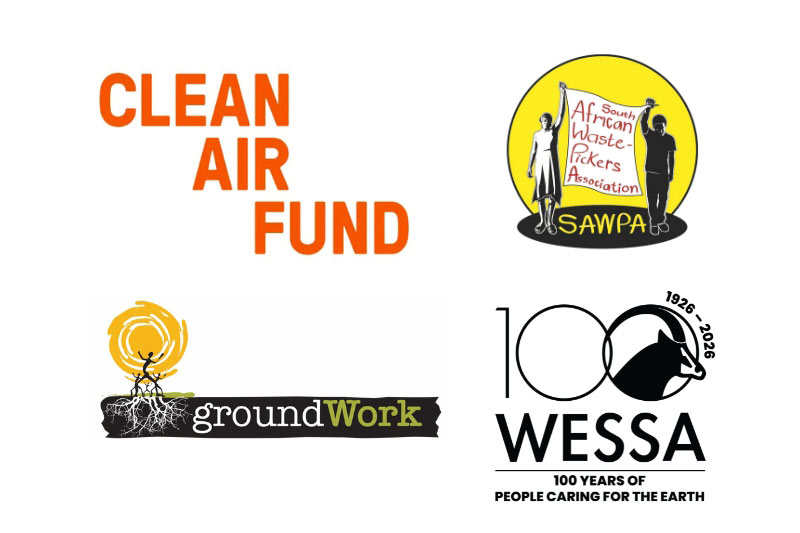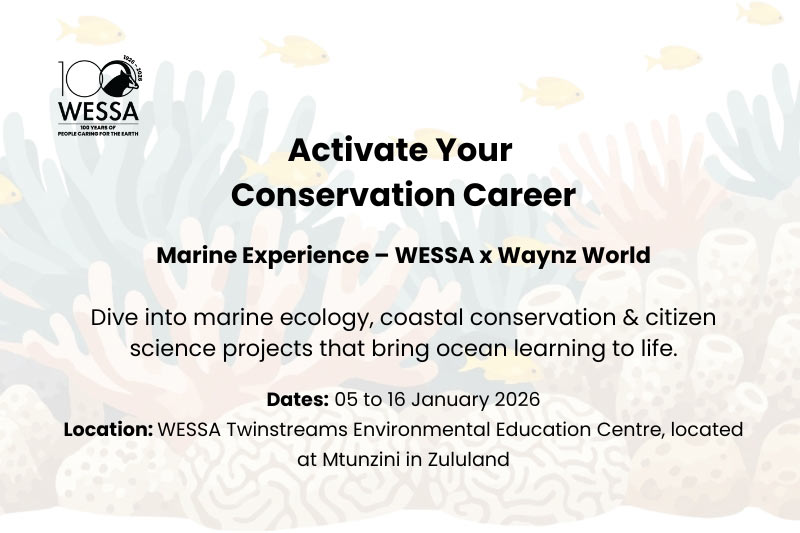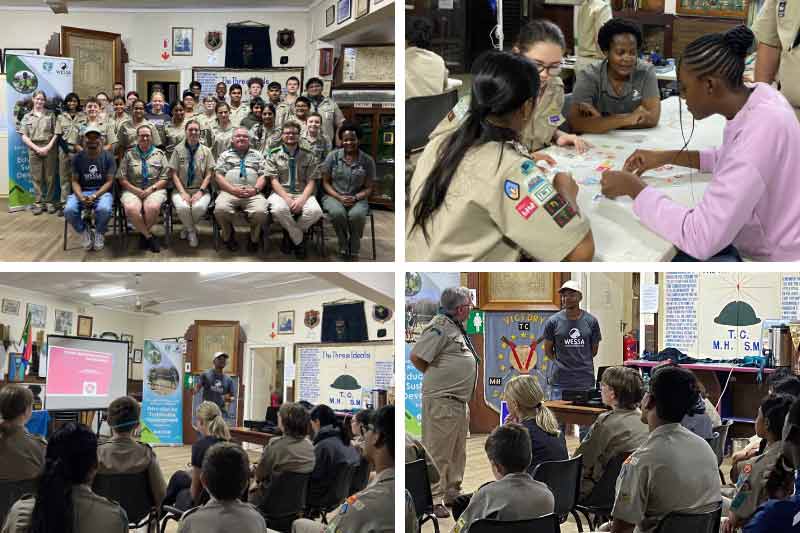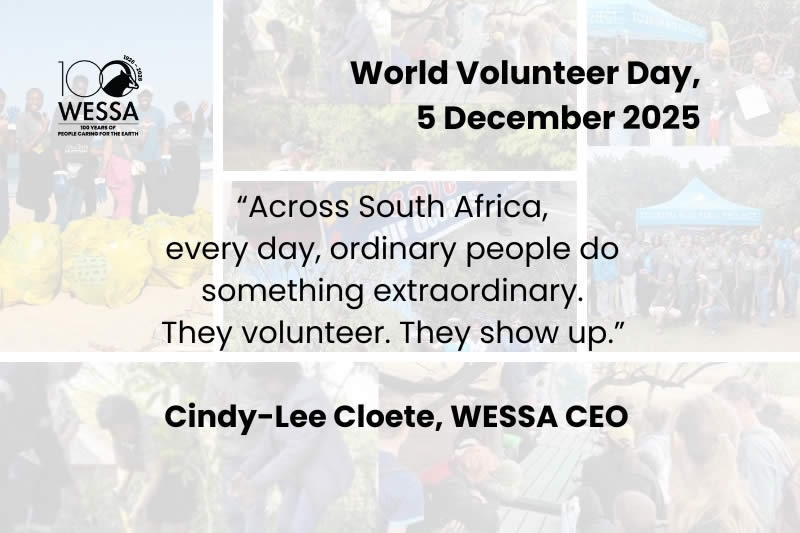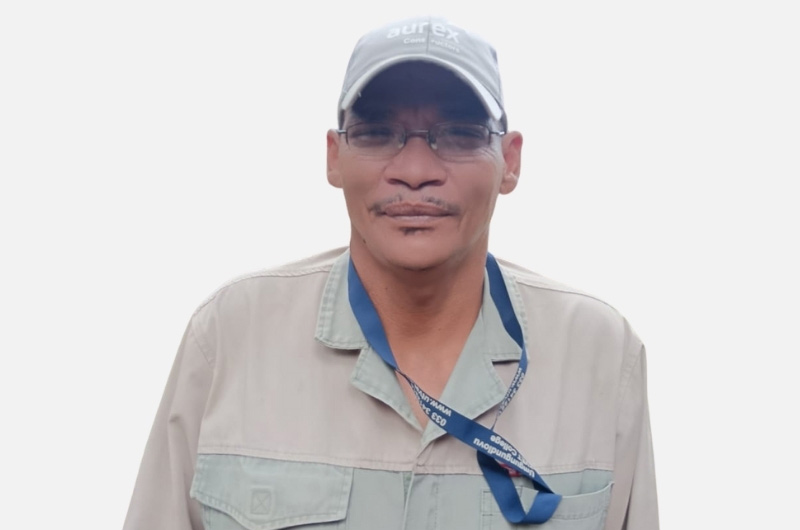
Green Rising in action: Youth collect over 220kgs/90 bags of waste during Khayelitsha community clean-up
On 11 December 2025, WESSA hosted an impactful youth-led community clean-up, bringing together partners, youth leaders, and local stakeholders in a powerful show of collective action. The clean-up targeted a known dumping hotspot behind Khayelitsha Stadium and Joe Slovo Engineering High School, transforming the space through teamwork, commitment, and shared purpose.
Working alongside Hotlane Organisation, the City of Cape Town’s Urban Waste Management team, Plastics SA, and an energetic group of 74 youth members from Lulwazi Lwethu, the initiative demonstrated what is possible when young people are enabled to lead environmental action within their own communities.
Tangible impact through collaboration
Through coordinated effort and dedication, the team collected 90 bags of waste, weighing a total of 220.66 kg. Importantly, waste was separated at source, ensuring responsible disposal and maximum recycling impact. Of the total collected, approximately 125.61 kg of recyclable material was successfully diverted from landfill and recycled.
These results highlight the value of education, collaboration, and proper waste management practices, turning a dumping hotspot into a symbol of positive environmental action.
Reinvesting into the Lulwazi Lwethu youth group
While the environmental impact was significant, the deeper value of the clean-up lay in youth activation and empowerment. The initiative brought young people together around a shared goal, strengthening their sense of ownership and responsibility for their local environment.
The recycling proceeds generated from the clean-up were reinvested into the Lulwazi Lwethu youth group, directly supporting their ongoing activities and reinforcing the link between environmental stewardship and tangible community benefit. This practical outcome demonstrated how environmental action can also create opportunity and sustainability for youth-led initiatives.
This clean-up marks the first of many planned collaborations with the Lulwazi Lwethu youth, a group deeply committed to improving their community and protecting the environment. By supporting and partnering with passionate youth, WESSA continues to strengthen pathways for young people to become active environmental leaders and changemakers.
WESSA extends heartfelt thanks to all partners and volunteers who contributed their time, energy, and passion to make this initiative a success.
Together, we are proving that when youth rise, communities rise with them.
